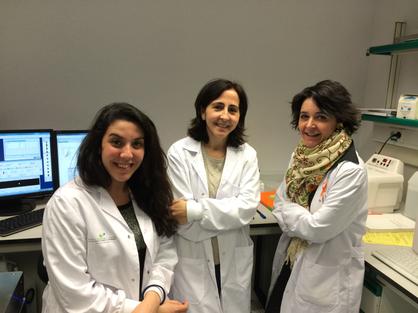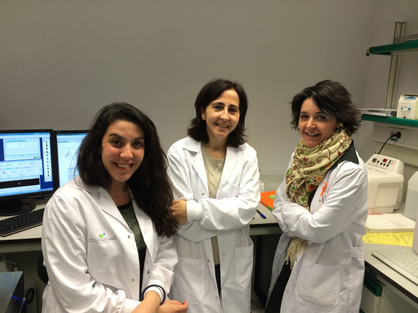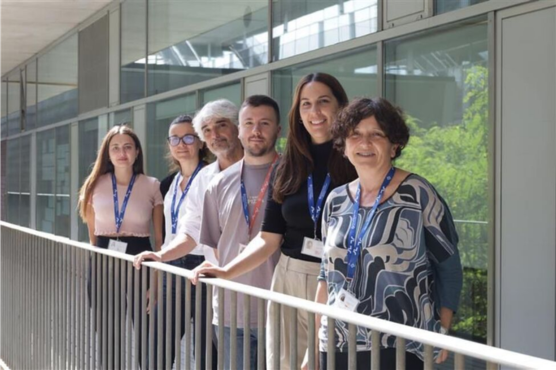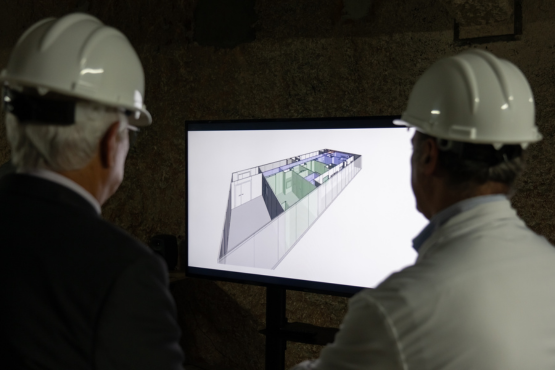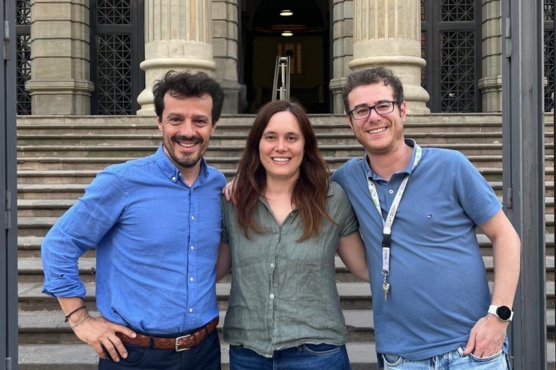MLL-AF4 translocation is the genetic marker that characterises acute lymphoblastic leukaemia B (ALL-B) which is especially aggressive, commonly affects children under the age of one, and which responds poorly to treatment with chemotherapy, survival rates for this disease being less than 30%.
MLL-AF4 translocation is the genetic marker that characterizes acute lymphoblastic leukaemia B (ALL-B) which is especially aggressive, commonly affects children under the age of one, and which responds poorly to treatment with chemotherapy, survival rates for this disease being less than 30%.
Thus far it has not been possible to generate a study model for this leukaemia and consequently it can not be known for sure whether the MLL-AF4 fusion is capable of generating the disease “by itself” o whether, on the contrary, it requires the presence of another second mutation to trigger the leukaemia process. Thanks to the study of these patients’ genomes we know that in 40% of cases there is a mutation of the KRAS gene and that, furthermore, this mutation is associated with a worse prognosis.
The aim of this study, published by the important scientific magazine CANCER RES and done by Predoctoral Reseracher Cristina Prieto (on the left in the picture), was therefore to examine the effect of the KRAS gene mutation in combination with MLL-AF4 to discover whether the two collaborate in the leukaemia process. In vivo and in vitro trials have shown that the KRAS gene and MLL-AF4 do not cooperate to generate leukaemia, despite the fact that KRAS mutation increases the cells’ ability to migrate, thereby inducing a high level of leukocytosis and affecting the extramedullary tissues (the liver, spleen and peripheral blood) and infiltrating the central nervous system. In summary, the results obtained from the study show that the KRAS gene does not cooperate with the MLL-AF4 at the beginning of the leukaemia process, but that it acquires an important role in maintaining the tumour and its most aggressive characteristics.



